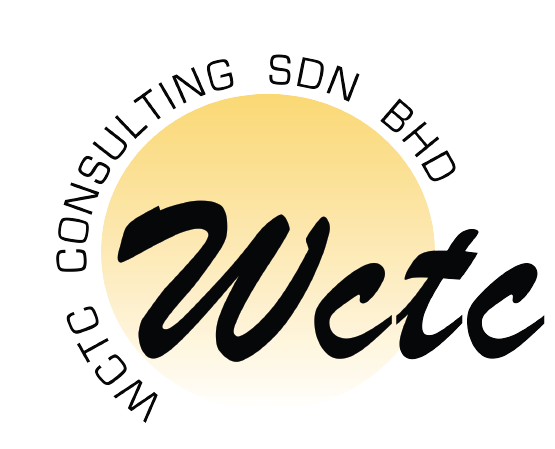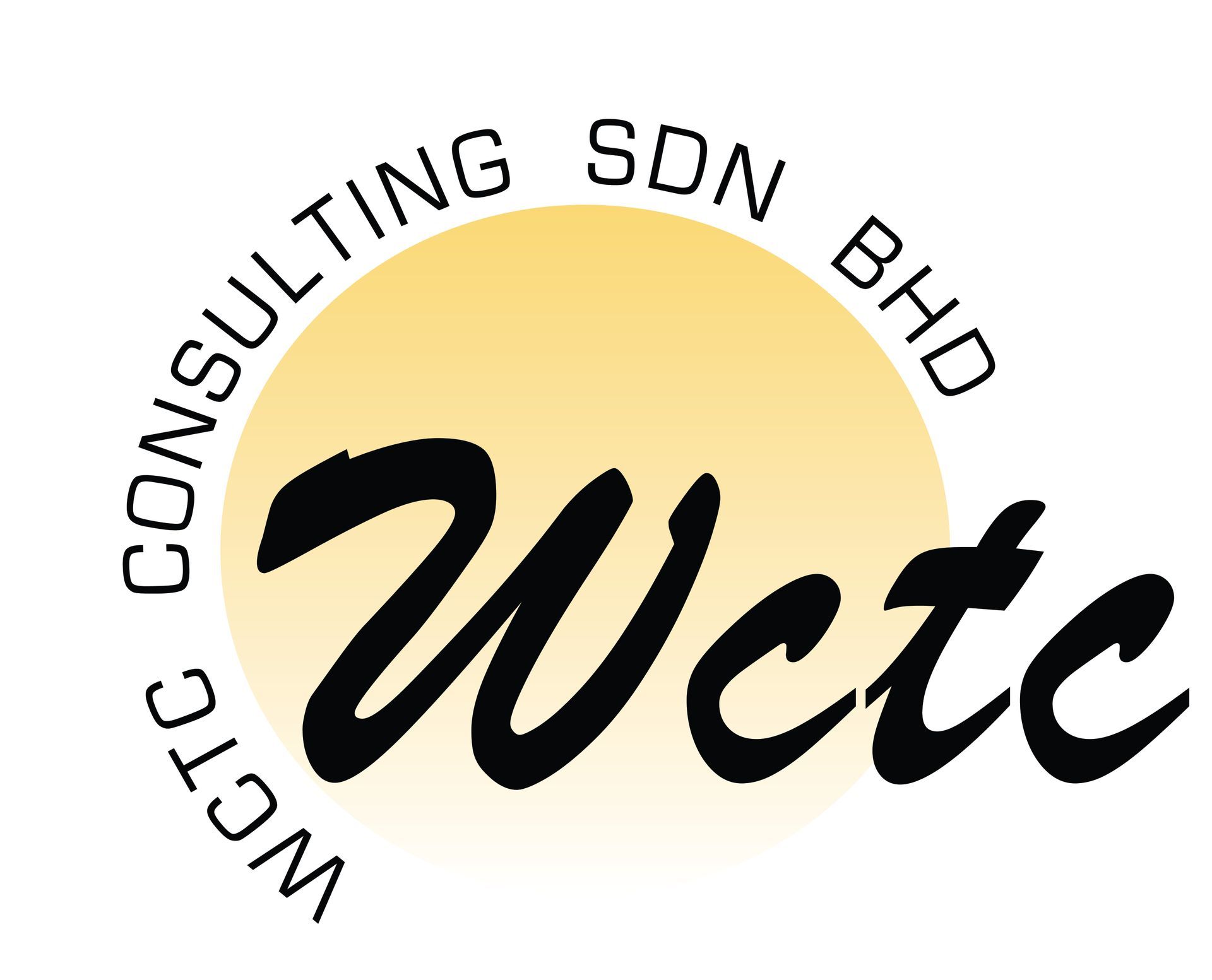OVERVIEW
In today’s fast-evolving business landscape, organizations must continuously adapt and innovate to stay ahead. However, many industries struggle with inefficient facility management, outdated processes, and poor coordination, leading to costly delays, wasted resources, and decreased productivity. As companies refine their strategies, enhance their services, and embrace new technologies, facilities must also evolve to support these transformations effectively. Facilities project management is more than just planning and execution—it’s about delivering tangible business value.
"A well-managed facility isn't just a support function—it’s a strategic asset that drives business success."
Facilities management today goes beyond routine maintenance—it plays a strategic role in driving business success. With many operational tasks outsourced, facilities managers must focus on adding value through projects that enhance workplace efficiency, sustainability, and employee experience. Yet, many professionals in this space find themselves overwhelmed by complex projects, unclear objectives, and communication breakdowns. The ability to manage facilities projects successfully is now a critical skill, ensuring organizations remain agile, productive, and competitive in an increasingly demanding environment.
Unlike routine tasks, managing facilities projects requires a structured approach—planning, coordinating, and executing with precision while ensuring a seamless transition to operations. A facilities manager must identify key project needs, allocate the right resources, manage stakeholder communication, and adapt to changing requirements, all while keeping business objectives in focus.
If you’ve ever found yourself leading projects because you excel at getting things done, it’s time to elevate your skills beyond the operational and tactical. Through a combination of expert insights, real-world case studies, and hands-on exercises, you’ll gain a deep understanding of how to define project objectives, assign responsibilities effectively, develop structured timelines, track progress with precision, and troubleshoot challenges before they escalate. Additionally, you’ll learn how to manage project documentation efficiently, foster collaboration among stakeholders, and build a strong support network to ensure project success.
Whether you're looking to enhance workplace efficiency, optimize resources, or implement innovative solutions, this workshop will provide you with a clear roadmap to navigate facilities project management with ease.
JOIN US to master the art of facilities project management and drive meaningful change in your organization!
LEARNING OBJECTIVES
- UNDERSTAND the Strategic Role of FM Projects – Align projects with business success and overcome traditional FM limitations.
- ESTABLISH a Strong Project Foundation – Engage stakeholders, validate feasibility, and develop a clear project charter.
- DEFINE Objectives & Structure for Success – Set project deliverables, assess risks, and optimize resource planning.
- APPLY Effective Scheduling & Planning Tools – Use macro scheduling, Gantt charts, and operational constraints management.
- MANAGE Project Execution Efficiently – Implement record management, stakeholder communication, and performance tracking.
- ENSURE Smooth Close-Out & Transition – Verify scope completion, conduct audits, and manage project handover.
- MEASURE Success & Performance – Track KPIs, calculate ROI, and ensure long-term operational impact.
- STAY Ahead with Industry Trends – Leverage digital transformation, sustainability, and leadership development in FM projects.

Other Workshops:




